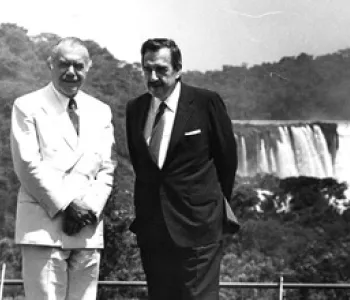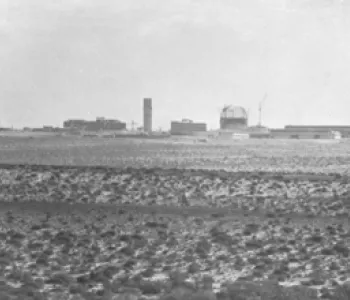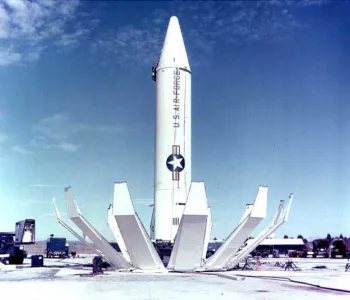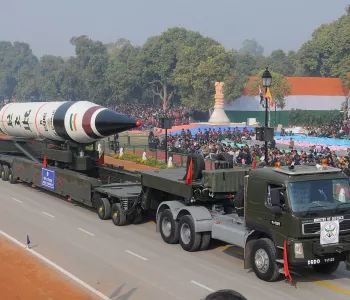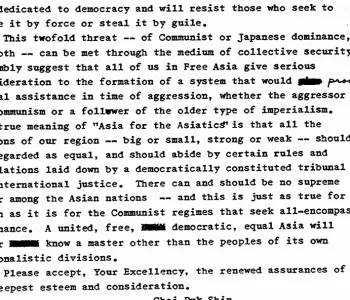With the term “weapons of mass destruction” having not yet fully come into general usage, this NIE used the term “special weapons” to describe nuclear, biological, and chemical weapons (formerly the term “special weapons” was sometimes used to describe nuclear weapons only). With numerous excisions, including the names of some countries in the sections on “East Asia and the Pacific” and “Central America,” this wide-ranging estimate provides broad-brushed, sometimes superficial, pictures of the situations in numerous countries along with coverage of international controls to halt sensitive technology exports to suspect countries.







